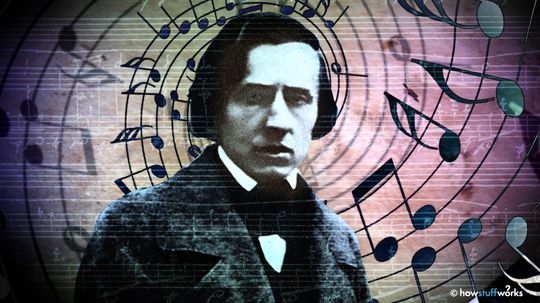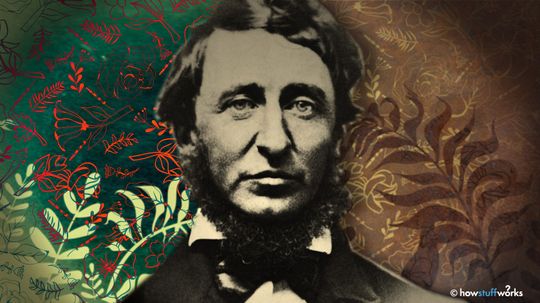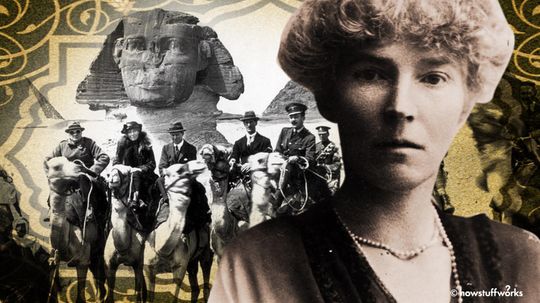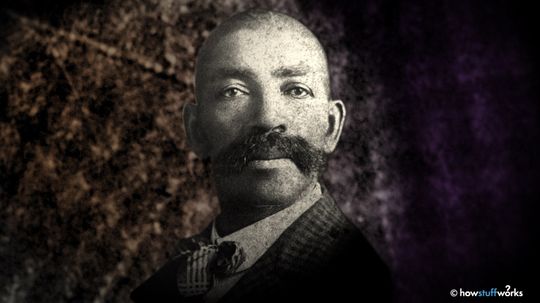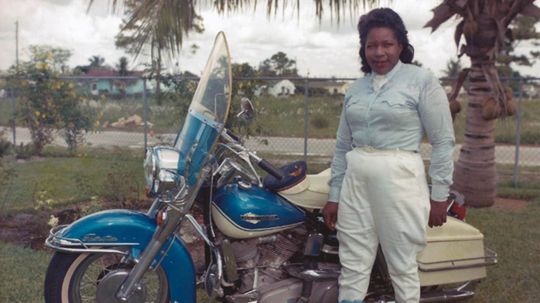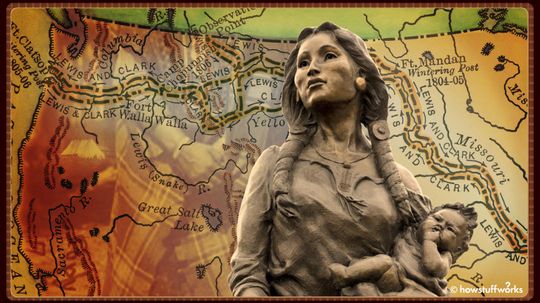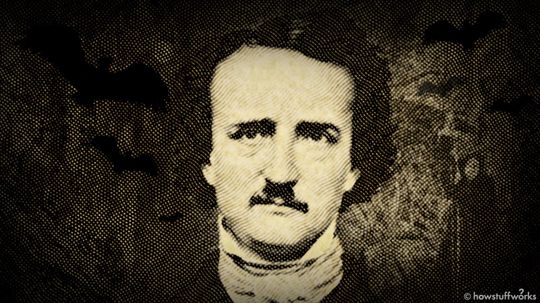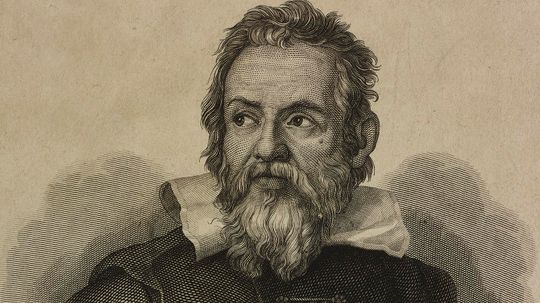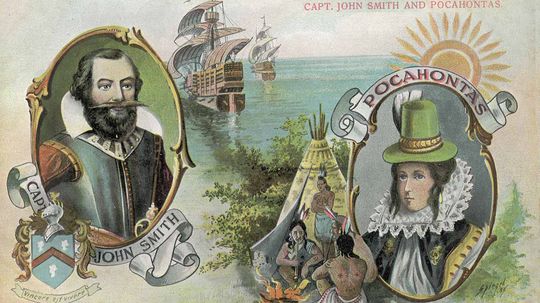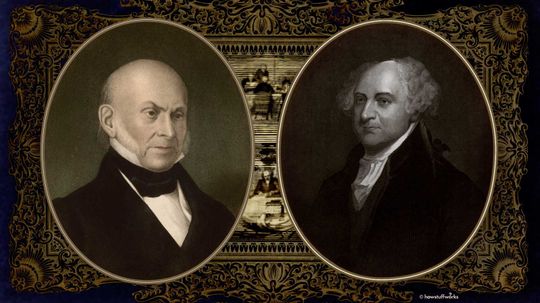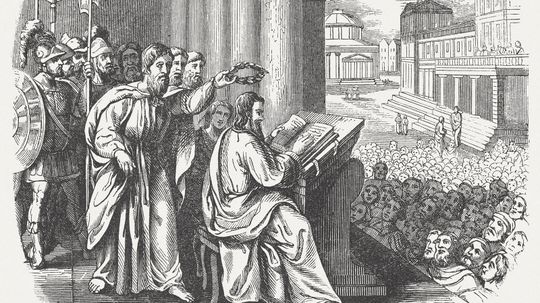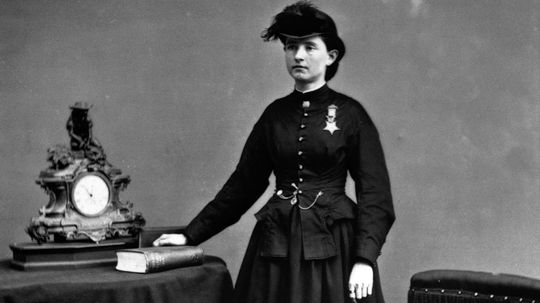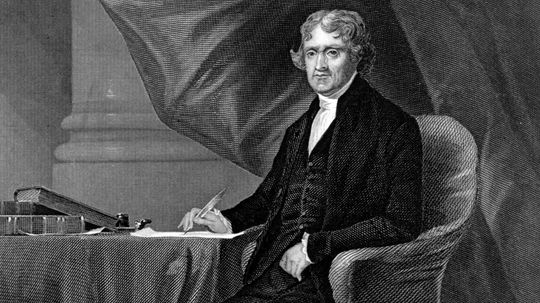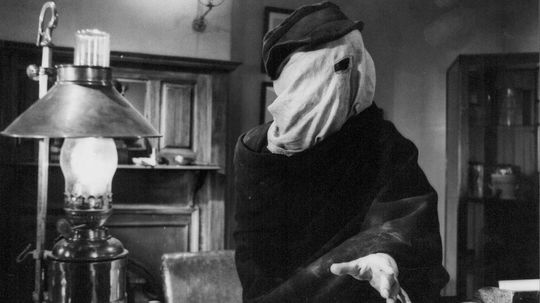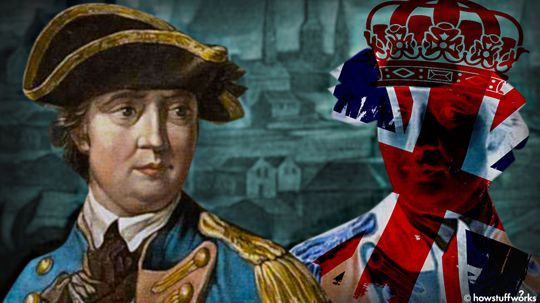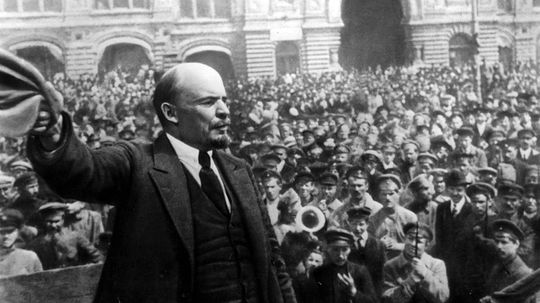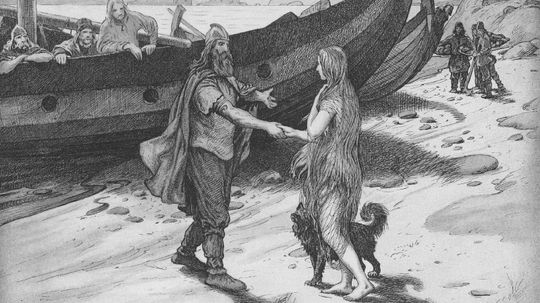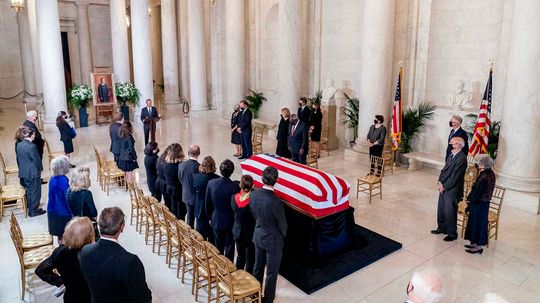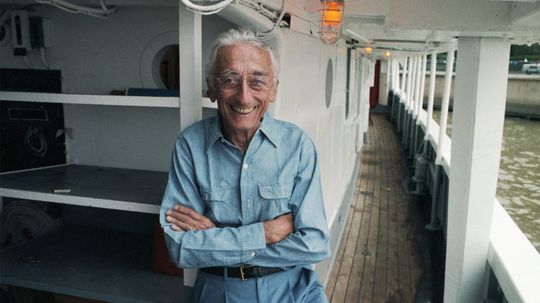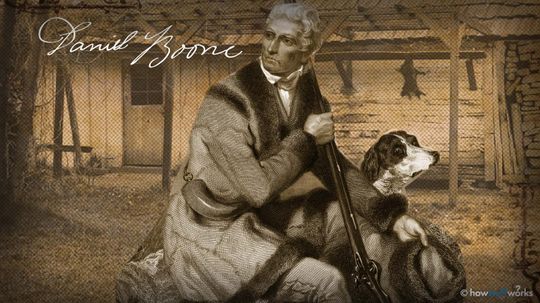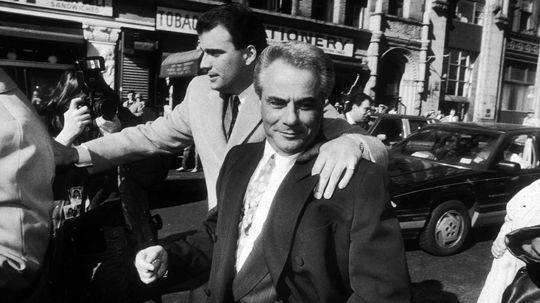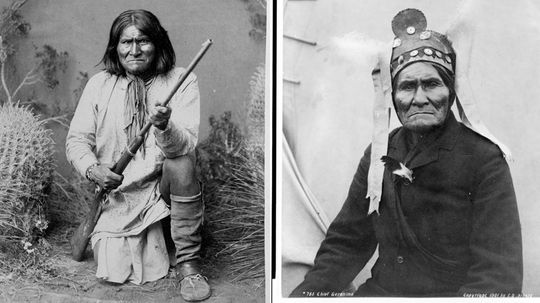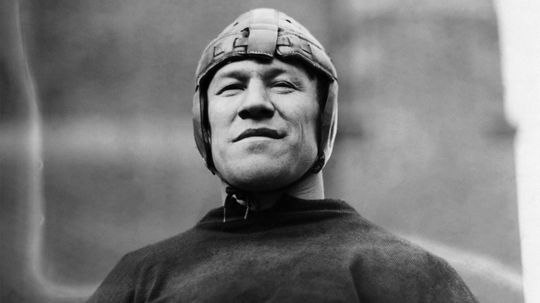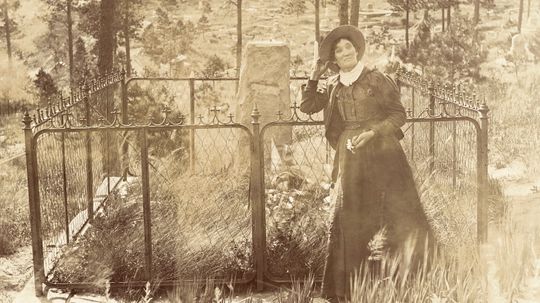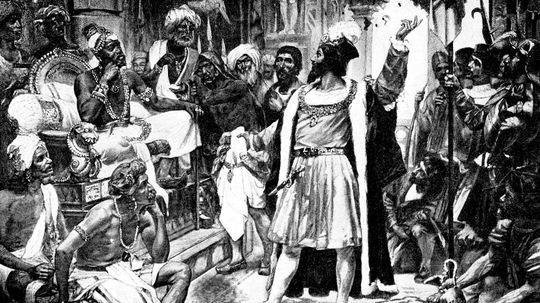Historical Figures
From Musketeers to Nazis, Archimedes to Harriet Tubman, these famous historical figures changed the course of history -- for better or worse.
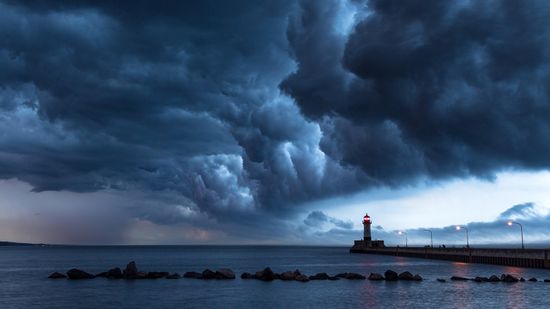
The SS Edmund Fitzgerald and a Fateful Night on Lake Superior

OceanGate: What Went Wrong and Why

What Happened to MH370, the Missing Malaysia Airlines Flight?

The Madden Curse Debate: NFL Legends Weigh In on the Phenomenon
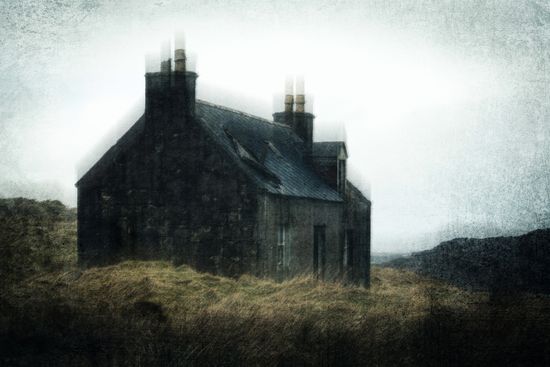
Most Haunted Places in the World: True Encounters and Tales
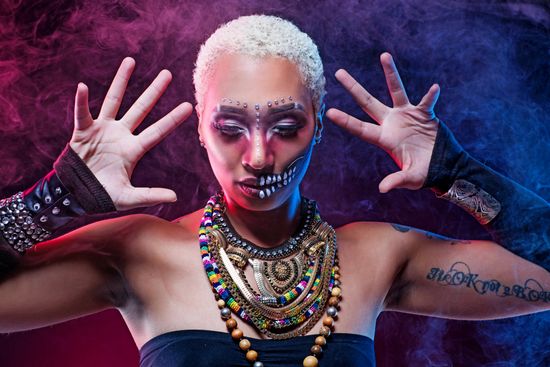
Is Santeria Considered Witchcraft? A Deep Dive into the Tradition
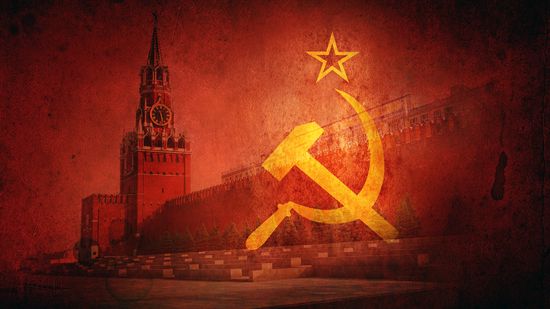
Why Did the USSR Fall? The Real Costs of Becoming a Superpower

Why Did the Berlin Wall Fall?

Why Did the Roman Empire Fall? Corruption, Inflation, and Division

There Are Castles in Ohio? No Foolin'?

10 Least Diverse States in the U.S.

10 Most Haunted Places in America: Stanley Hotel, Queen Mary, and More
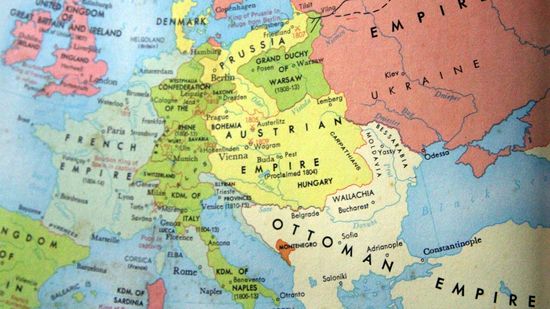
Why Did the Ottoman Empire Fall During the Industrial Revolution?
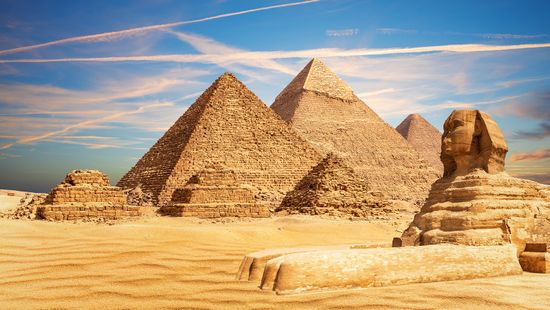
Why Did Ancient Egypt Fall When Rome Entered the Picture?

Why Did Babylon Fall? Lessons in History and Religion
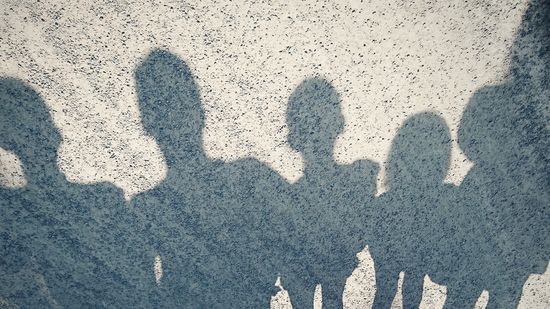
Hiroshima Shadows Preserve One of History's Darkest Moments
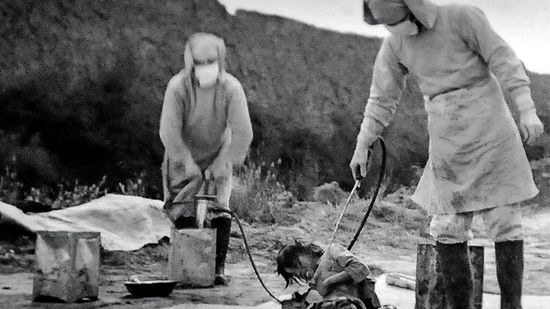
Unit 731: Inhumane Medical Experimentation During WWII
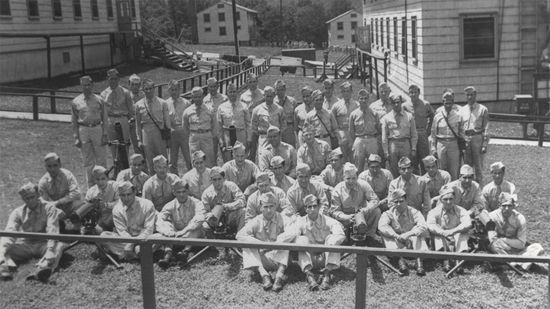
How the Ritchie Boys, Secret Refugee Infiltrators, Took on the Nazis
Learn More / Page 4
Frédéric Chopin gave only 30 public performances of his stunning piano works during his lifetime, but his influence on the soul of classical music was immeasurable.
We may think of Thoreau as the Walden Pond hermit who penned profound books on nature and philosophy. But he was also funny and sociable and valued his friends deeply. What can we learn from some of his best quotes?
By Dave Roos
An intrepid world traveler, skilled mountaineer and noted archaeologist, Gertrude Bell broke all the rules at a time when women lived under the oppressive thumb of Victorian-era England.
Advertisement
Bass Reeves was no ordinary officer of the law. Over his three-decade career, this African American arrested more than 3,000 individuals and survived countless skirmishes with armed outlaws. In short, he was a real frontier hero.
By Dave Roos
She was the first woman to ride solo on a motorcycle across the United States, and was known as the 'Motorcycle Queen of Miami.' And that's just the beginning of her story.
Sacagawea, at around 16 or 17, guided the Lewis and Clark expedition thousands of miles from North Dakota to the Pacific Ocean, and in the process became a legend.
Happy birthday to Edgar Allan Poe, master of the macabre! The story of his life and mysterious death is as fascinating as his most suspenseful work of fiction.
Advertisement
Galileo Galilei made huge discoveries in physics and astronomy, helping to establish the modern scientific method of experiments and mathematics. Along the way, he fought for intellectual freedom and became the first celebrity scientist.
John Smith has been described as a tireless soldier, self-promoter and publicist. In today's speak, you might even call him an influencer.
What did these two U.S. presidents, who were also father and son, have in common beyond their first and last names?
Herodotus was a natural-born storyteller, whom scholars revere as the first historian ever, and critics dismiss as just a teller of tall tales. What's the real story?
By Dave Roos
Advertisement
We'll be blunt: Mary Edwards deserves mad respect. She was a feminist and abolitionist; the first female Civil War surgeon in the U.S. Army; and a Civil War POW. Plus she wore pants!
The Founding Father was a prolific writer during his day. He wrote so much, in fact, he required a steady supply of quills.
Over 130 years after his passing, the story of Joseph Merrick, the "Elephant Man" can still teach us important lessons about acceptance and love.
Revolutionary War turncoat Benedict Arnold is one of the most reviled figures in American history. But what did he do to deserve this ignominious fate?
Advertisement
In a quest to build a socialist country that morphed into a communist society, Vladamir Lenin and the Bolsheviks executed and imprisoned hundreds of thousands, and starved millions more.
By John Donovan
Explore the life of Viking leader Ivar the Boneless, his role in the Great Heathen Army, and the enigmatic origins of his unusual nickname.
By Mark Mancini
Lying in state beneath the U.S. Capitol Rotunda is an honor that has been bestowed on only a few people. Who decides which Americans are so honored?
By John Donovan
Jacques-Yves Cousteau inspired an entire generation to take an interest in the deep sea and was one of the first to warn of the peril of its destruction.
Advertisement
Forget the coonskin cap. Daniel Boone didn't wear one. But he did inspire a TV show, live with (and fight) Indians and help establish Kentucky as the 14th colony.
By John Donovan
Gambino crime boss John Gotti is remembered as the Teflon Don for beating the legal system. But Gotti died in prison, so did he really live up to that name?
By John Donovan
The life and legacy of Apache warrior Geronimo is a tale that has been twisted over time. One thing that is certain is he spent much of his life avenging the death of his wife and children.
Jim Thorpe overcame almost insurmountable obstacles, from a rough childhood to racial discrimination, to become one of the world's greatest athletes of all time.
By John Donovan
Advertisement
Martha Jane Canary was a woman trying to make it in a man's world at a time when societal strictures held women tightly bound to norms of femininity. They called her Calamity Jane and here is her story.
Portuguese explorer Vasco da Gama was a ruthless man determined to force his way into the lucrative spice routes of India. But without any valuable gifts to trade for the spices, the whole trip took a horrible turn.
By Dave Roos
